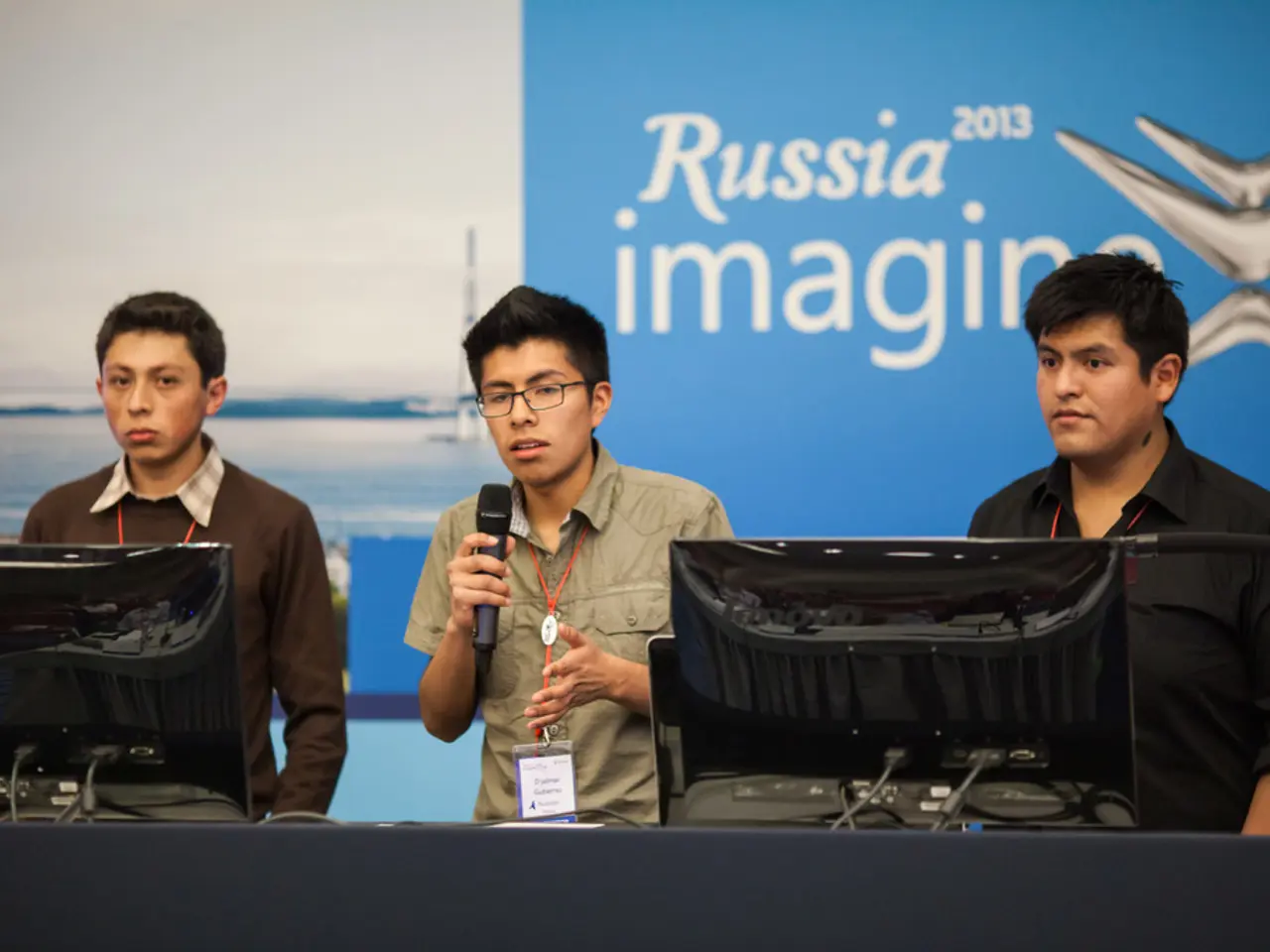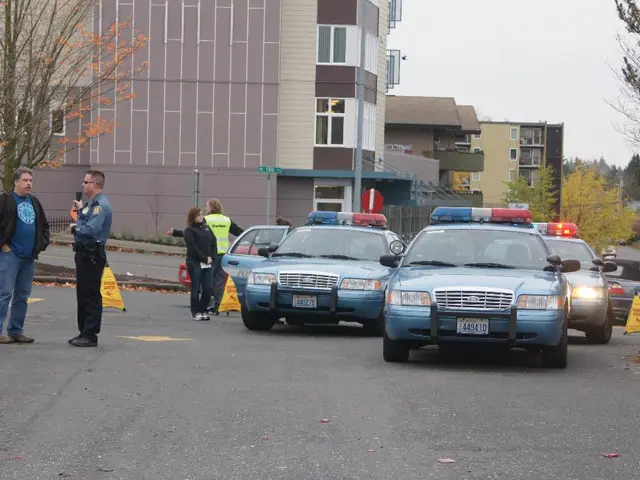Trump and Putin's history of hollow warnings undermines the credibility of the summit in Alaska.
In a significant diplomatic move, US President Donald Trump and Russian President Vladimir Putin will convene in Alaska this Friday, marking the first face-to-face meeting between the two leaders since Russia's invasion of Ukraine.
The meeting, which was negotiated amidst ongoing tensions, is expected to focus primarily on the war in Ukraine. Trump's approach to the negotiations centres on three key points:
- Security guarantees for Ukraine: Trump aims to address Ukraine's concerns about its defence and sovereignty by offering security assurances.
- Direct dialogue between Putin and Zelenskyy: Facilitating a bilateral meeting between Putin and Ukrainian President Volodymyr Zelenskyy is another key component of Trump's strategy, with the hope of rekindling peace talks.
- Leveraging prior summit successes: Trump intends to use his past successes in international diplomacy to break Russia’s international isolation and encourage compromise.
However, the prospects for direct talks remain uncertain. Russian officials, including Foreign Minister Sergei Lavrov, have insisted on retaining a veto role over Ukraine’s future security arrangements, signalling Moscow’s unwillingness to compromise on core demands. This stance, coupled with ongoing Russian military actions, such as missile strikes against Ukrainian infrastructure, undermines the immediate potential for meaningful negotiations.
Putin has made several provocative moves in recent months, including proposing changes to Russia's nuclear doctrine to lower its threshold for using nuclear weapons and threatening to target the US and the UK if they supply long-range weapons to Ukraine. However, his record suggests a willingness to blink when tested, despite his portrayal as unwilling to back down in the war in Ukraine.
Trump, for his part, has threatened to implement further sanctions on Russia if the fighting continues. Yet, despite these threats, he agreed to the meeting instead, raising questions about the strength of his commitment to pressuring Putin.
Despite Russia's military aggression and the resulting casualties, Putin's approval rating remains high, standing at 86%. Almost 70% of Russians are in support of the conflict and pursuing total victory, according to surveys.
The Alaska summit is likely to yield symbolic gestures and unenforceable promises, with many analysts predicting that it will not result in a significant breakthrough. However, the meeting itself serves as a diplomatic win for Putin, as he secured it without offering any concessions.
[1] Source: The Washington Post, "Trump plans to use security guarantees and a bilateral meeting framework as key levers in Ukraine negotiations with Putin," 27 July 2021.
Read also:
- Massive 8.8 earthquake hits off the coast of Russia's Kamchatka Peninsula, prompting Japan to issue a tsunami alert.
- Court petitions to reverse established decision on same-sex marriage legalization
- Independence supporters in New Caledonia refuse agreement offering authority without a vote on sovereignty
- Proposed Standardization of Food Labeling Laws Among Member States by the Commission








